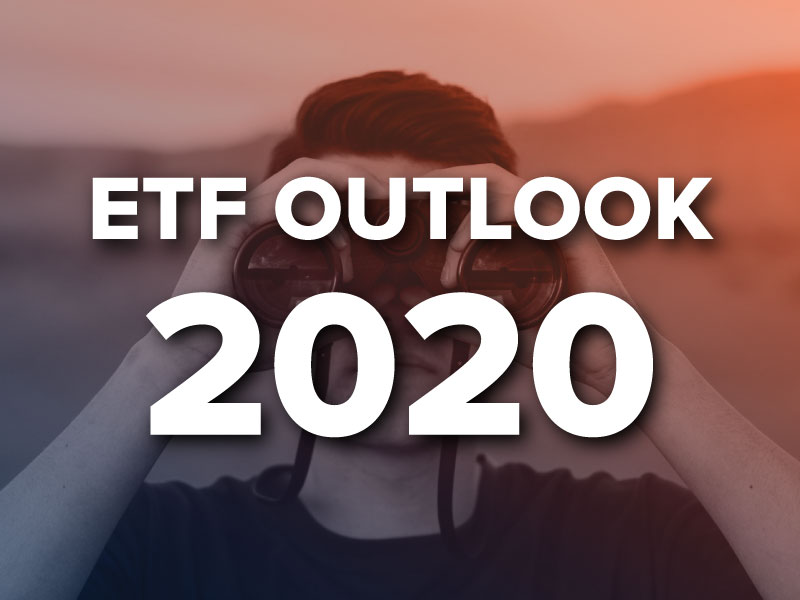The European ETF industry got off to a flyer in 2020 with European-listed ETPs crossing the symbolic $1trn barrier for the first time, a significant milestone
for an ecosystem celebrating its 20th year.
How the industry will be shaped over the next $1trn remains to be seen, however, market participants are confident it will come much quicker than two decades with Morningstar predicting ETF assets in Europe will hit $2trn by 2024.
This sharp rise in assets has led to an increase in innovation as issuers look to differentiate themselves, especially in the equity space, however, new battle lines are being drawn, most notably in fixed income and environmental, social and governance (ESG).
These are the areas investors are crying out for further innovation and development. Highlighting this, ETF Stream launched a new series last year, Expert Investors, where we interview fund buyers about their ETF usage and throughout the year the majority of respondents bemoaned the lack of fixed income and ESG ETFs.
Fixed income, in particular, is ripe for disruption. According to Tabula, the top 30 ETFs control just over 50% of the market while BlackRock controls 60% of the €241bn market.
Following record inflows into both areas, 2020 looks set to be the year when issuers make a big push in these arenas and investors should benefit from more innovative products.
There have been signs of this already. Goldman Sachs looks set to be focusing on smart beta fixed income products, an area where there is a dearth of ETFs in Europe, while Tabula Investment Management continues to unveil innovative bond products such as Tabula iTraxx Europe IG Bond UCITS ETF (TTRX), which launched on 8 January.
Issuers will also be eyeing up a push in the fixed income ESG arena where there has been a lack of ETFs in the market.
Another asset class that will see a whole host of ETPs launched is cryptocurrencies. WisdomTree has already signalled its intent by launching a bitcoin ETP and it is expected more players will come into the market in 2020.
Whether the demand is there for cryptocurrencies is certainly questionable and for the foreseeable future, it will be mainly retail investors who take a punt on the asset class.
Regulation
One area of major change in the US last year was the SEC’s decision to allow non-transparent ETFs onto the market.
The move is expected to lead to a whole host of traditional active players, who previously did not want to reveal their secret sauce in a transparent wrapper, to launch ETFs.
All eyes are now on the Central Bank of Ireland, which made the decision to maintain the rules around transparency in 2017.
It will be interesting to see whether the key European regulator follows the SEC in allowing non-transparent ETFs to market in 2020.
Some market participants are certainly bullish about these prospects, however, there are others who believe Europe is at least two years off from making any decision on the non-transparent issue.
One piece of regulation that is coming in later this year is the Central Securities Depositaries Regulation (CSDR), which will place an emphasis on entities settling on time with fines implemented on firms that fail to do so.
Athanasios Psarofagis, ETF analyst at Bloomberg Intelligence, predicted CSDR, which comes into effect in September, could lead to a widening of spreads – and therefore an increase in trading costs – due to the more stringent settlement times.
There is no doubt fees will continue to head to rock bottom. How firms within the ecosystem cope with this in 2020 will certainly be an area to watch.
Last year, IMC pulled the plug on its equity and ETF trading business in Europe and some commentators believe more could follow suit.
Bernie Thurston, CEO of Ultumus, told ETF Stream: “If a nimble player like IMC has struggled in the space, many of the bigger players will be struggling as well due to the extra costs that come with running a bigger business.
“More people are going to close their equity trading in Europe. Automating the process is the way to survive.”
How firms across the ecosystem respond to this fee pressure will be the big differentiator between who are the winners and who are the losers.
All this makes 2020 an exciting proposition and one which could see major developments across the European ETF industry.


